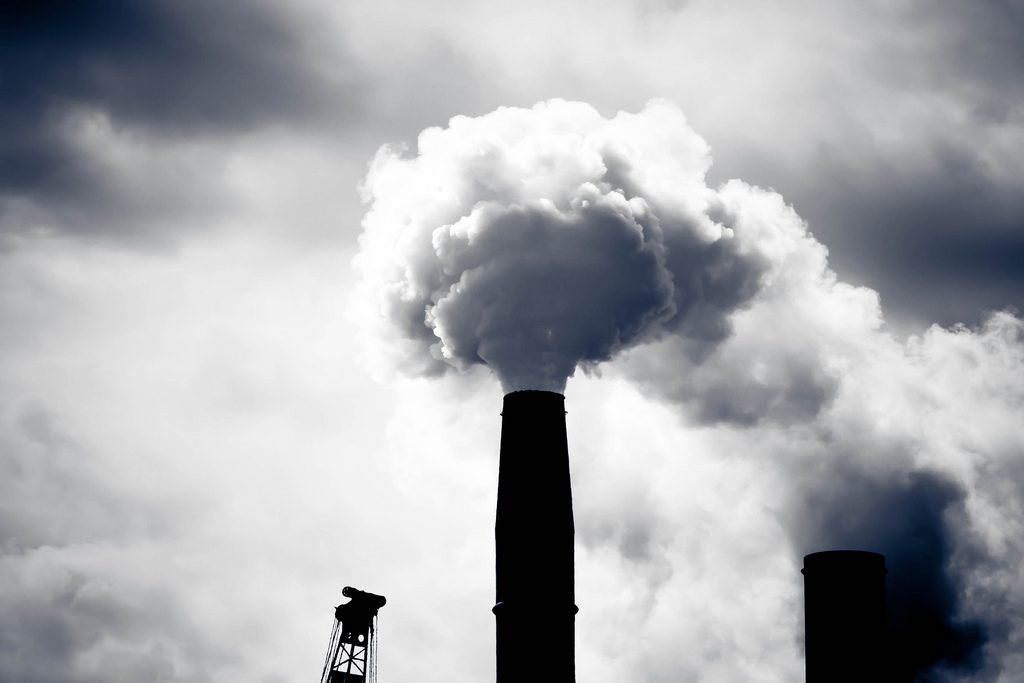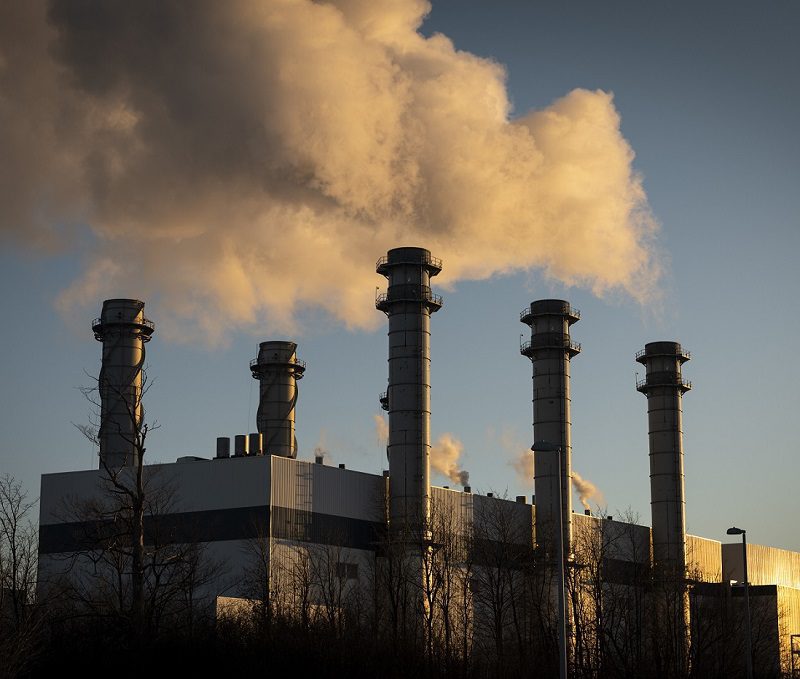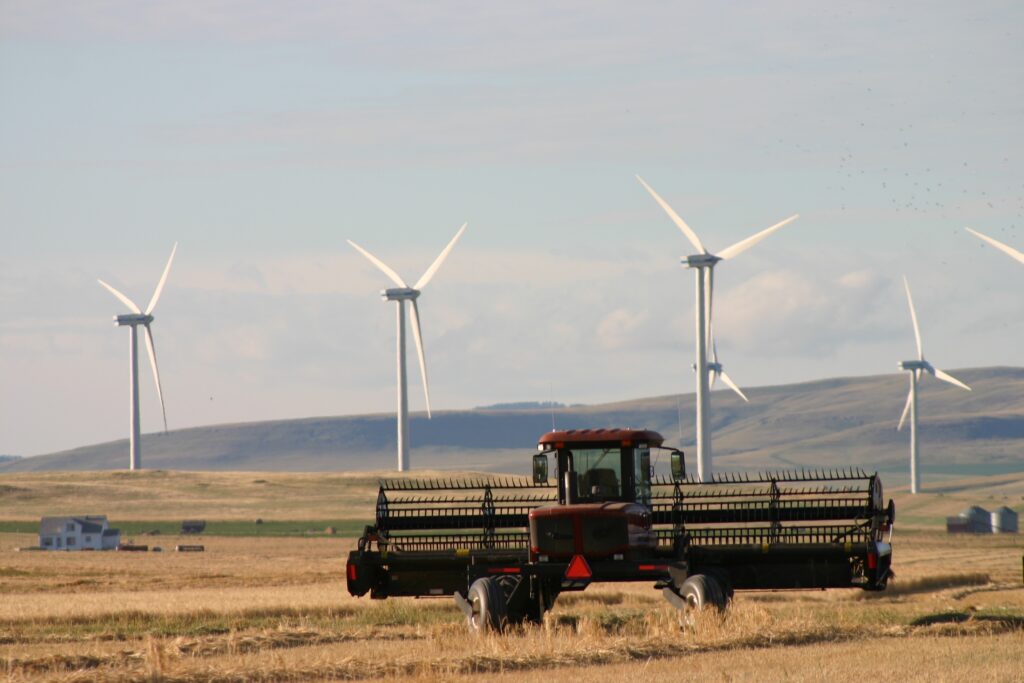People generally don’t like change, even when they know that there’s a problem that must be solved (think of how you put off the trip to the dentist even when you know you have a cavity). So it is natural that there is some apprehension when changes are made to guide our economy in the face of rapid and severe climate change.

The change I’m referring to is carbon pricing. On January 1, 2017, Ontario and Alberta joined with Quebec and B.C. and launched their respective carbon pricing systems. The federal government has announced it will launch a Canada-wide program in 2018, meaning that soon all of Canada will operate in an economy with a carbon price.
Today’s carbon prices are low and will generally add a few hundred dollars or less per year to the average person’s costs. And yet, there have been many column inches written, rallies held and prophecies of economic doom proclaimed. All this, despite the fact that 3 or 4 cents per litre of gas cost increase from carbon pricing is well below the normal day-to-day price fluctuations at the pump. All despite the fact that most Canadians agree that climate change must be addressed.
So why all the fuss? I think it is because people rightly know that the advent of carbon prices, however modest today, is the beginning of something bigger – a move to ensure that people, processes and products that pollute more, pay more. This is a novel, and to some heretical, approach to running the economy. We have been dumping pollution into the air, water and land for free throughout all of modern industrial history. We simply relied on Earth’s resilient ecosystems to absorb, process and neutralize all this pollution.
But it cannot go on forever. The Earth can’t keep up. But some people won’t admit it and insist that the old ways are fine.
Fortunately, we can create a better economic model that rewards behaviour, products, and processes that produce less pollution by making those activities cheaper. Conversely, the ones that pollute will become more expensive. Taxing pollution makes things fairer and will finally create a payback for people who chose a more efficient car, buy local food or use things that come in less packaging.
This new approach must soon dominate national and global carbon taxation schemes, it must also expand to cover other types of pollution and it must happen quickly to help us change direction.
Canada is joining others in this effort – like Norway, most of Europe, and China believe it or not – and for that we should be thankful. We will start small and learn as we go while some others continue to pretend that change is not necessary. They are wrong and eventually they will join too. Denial cannot be sustained forever. The reasons for this new approach are too compelling to be ignored and the costs to start are very low.








